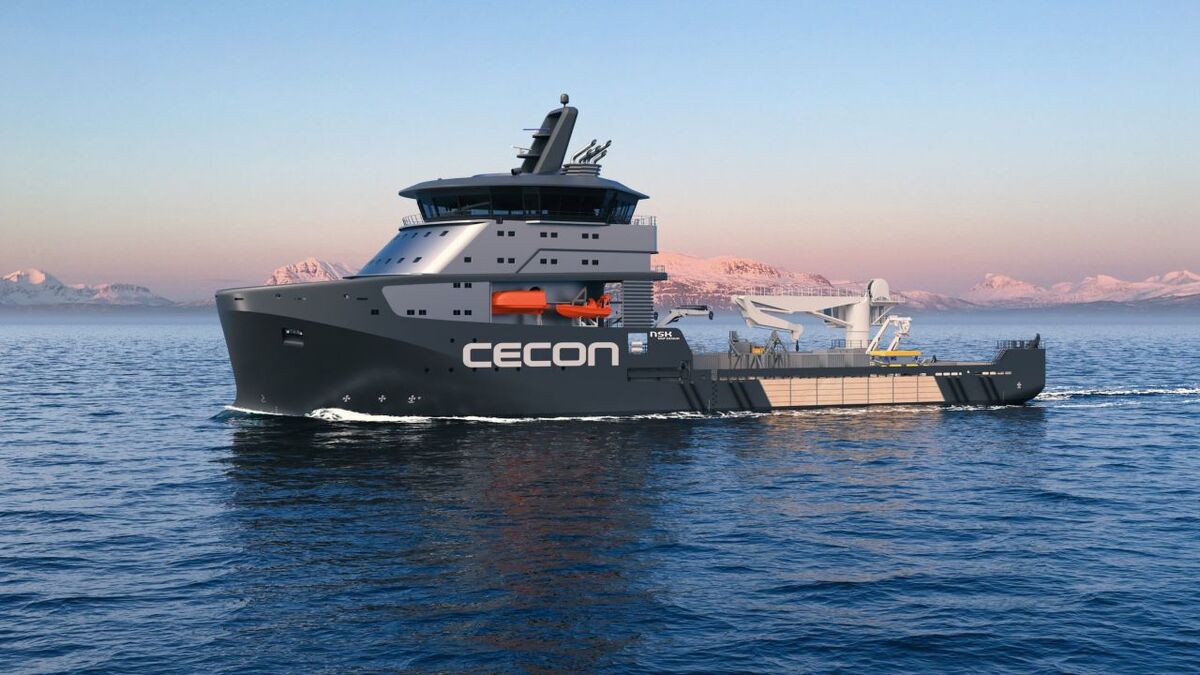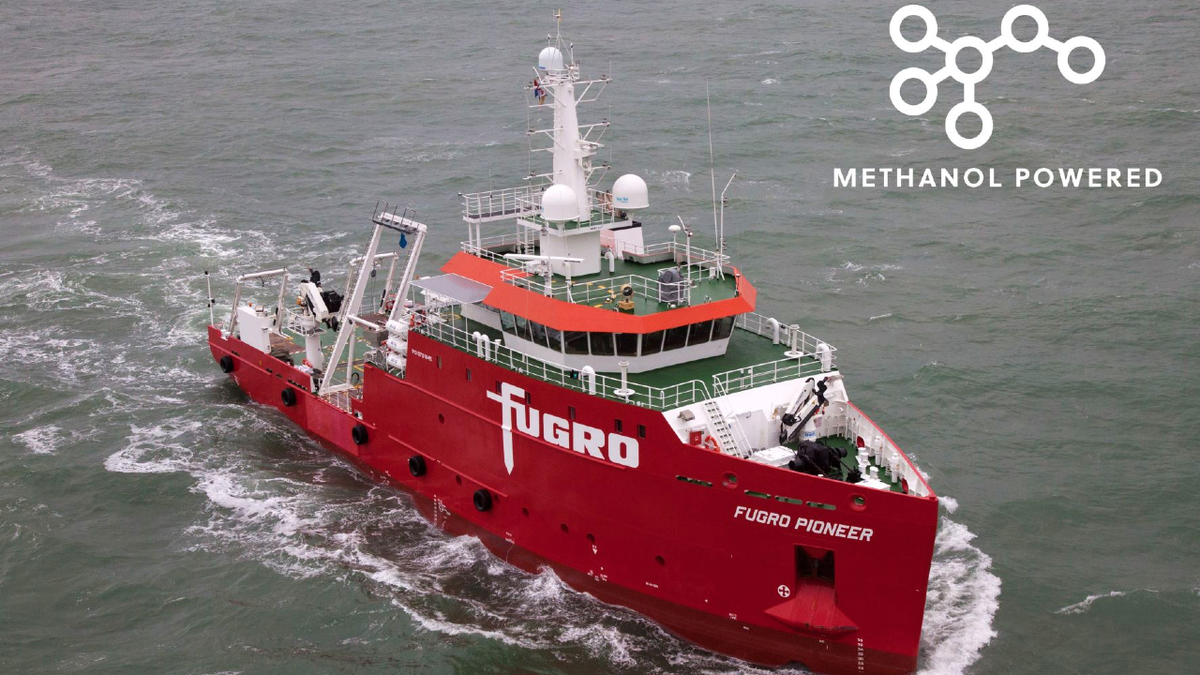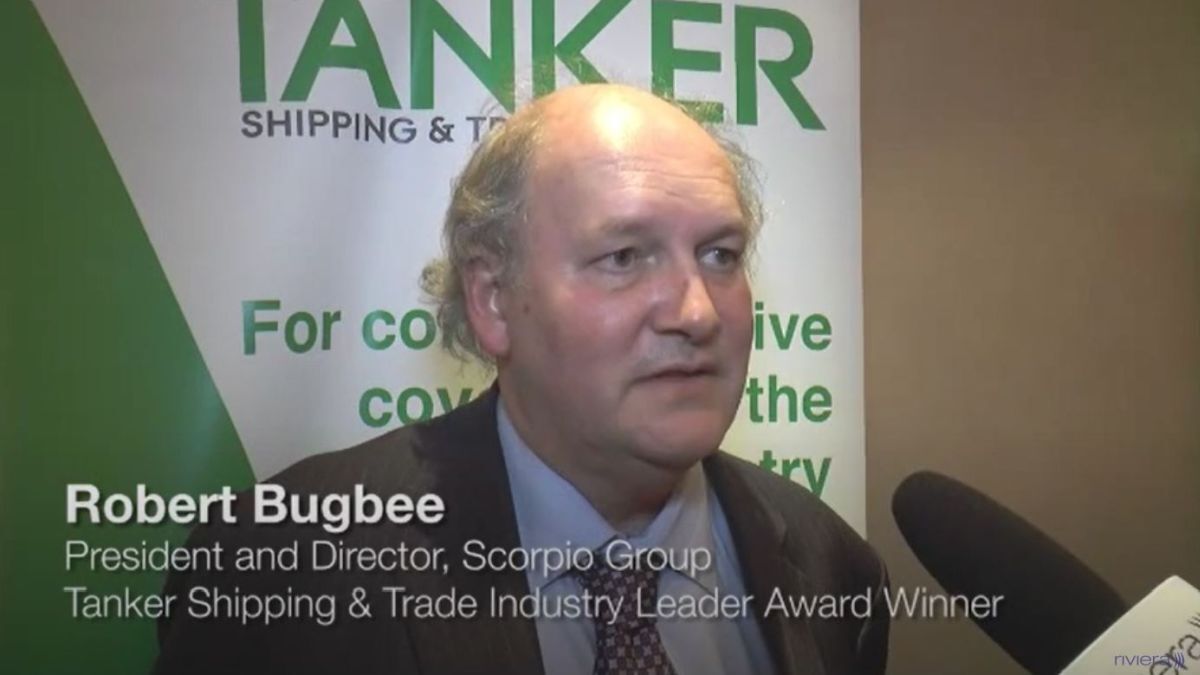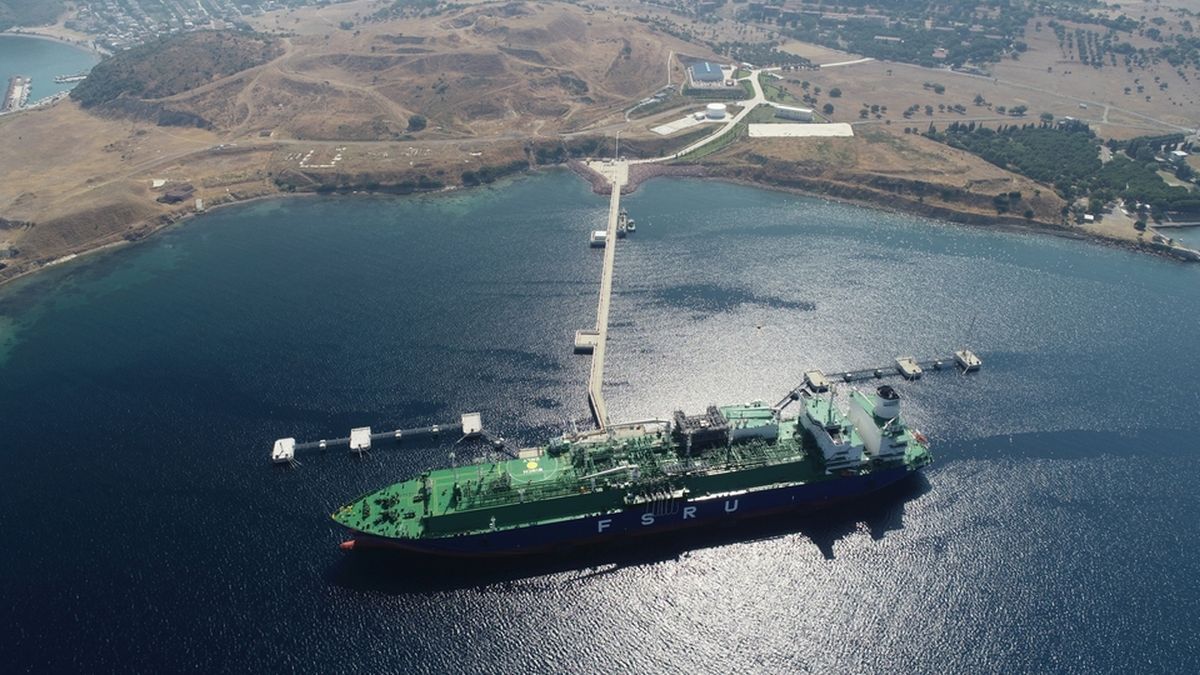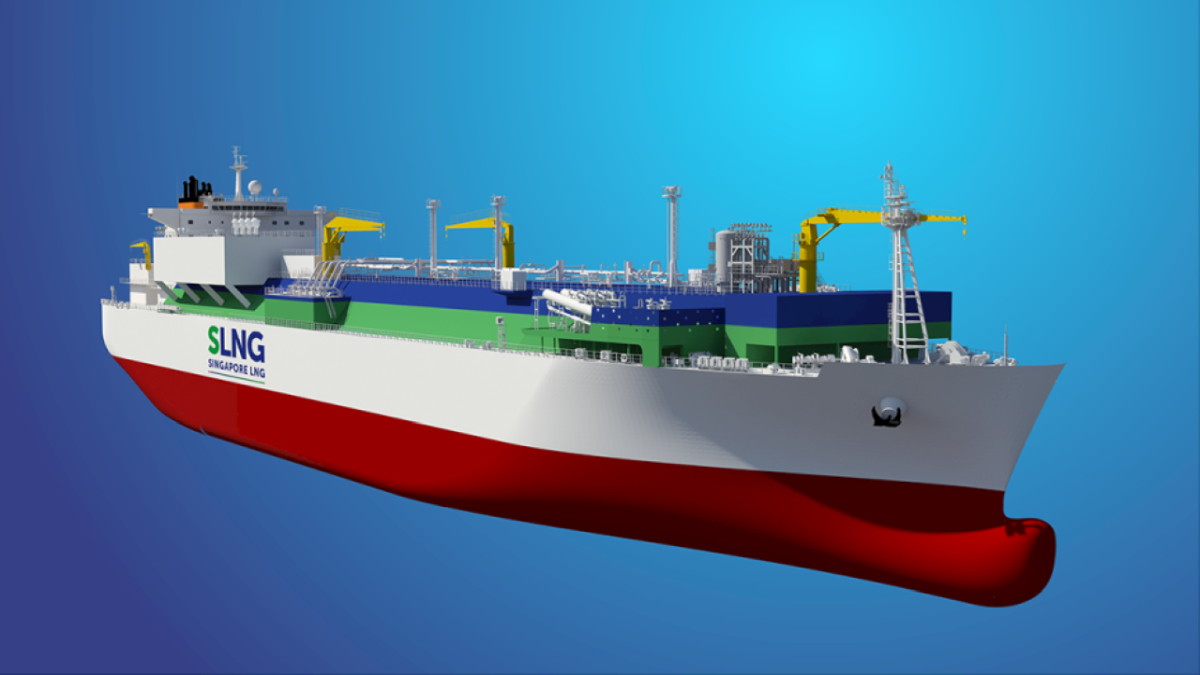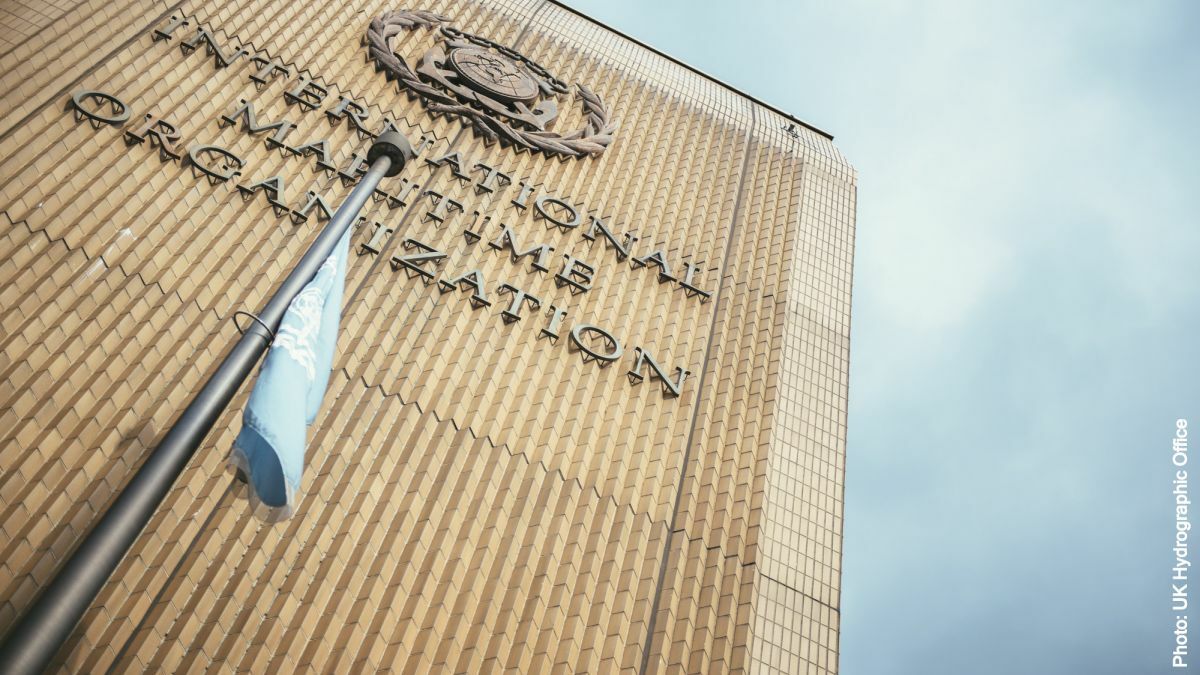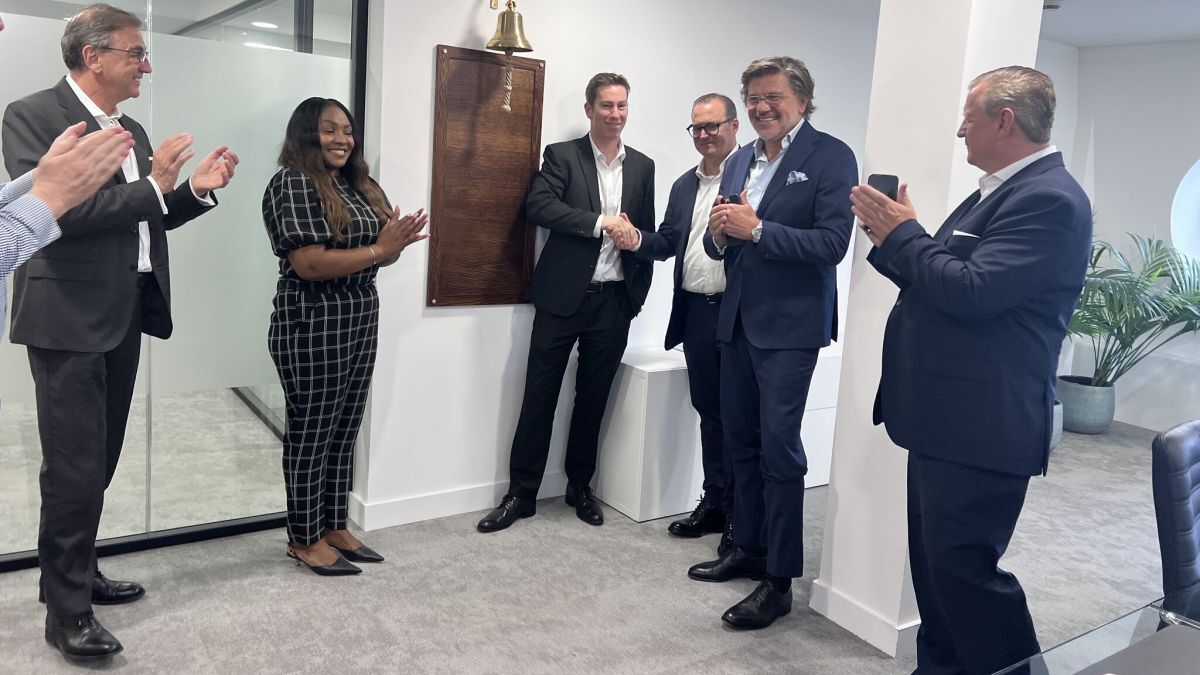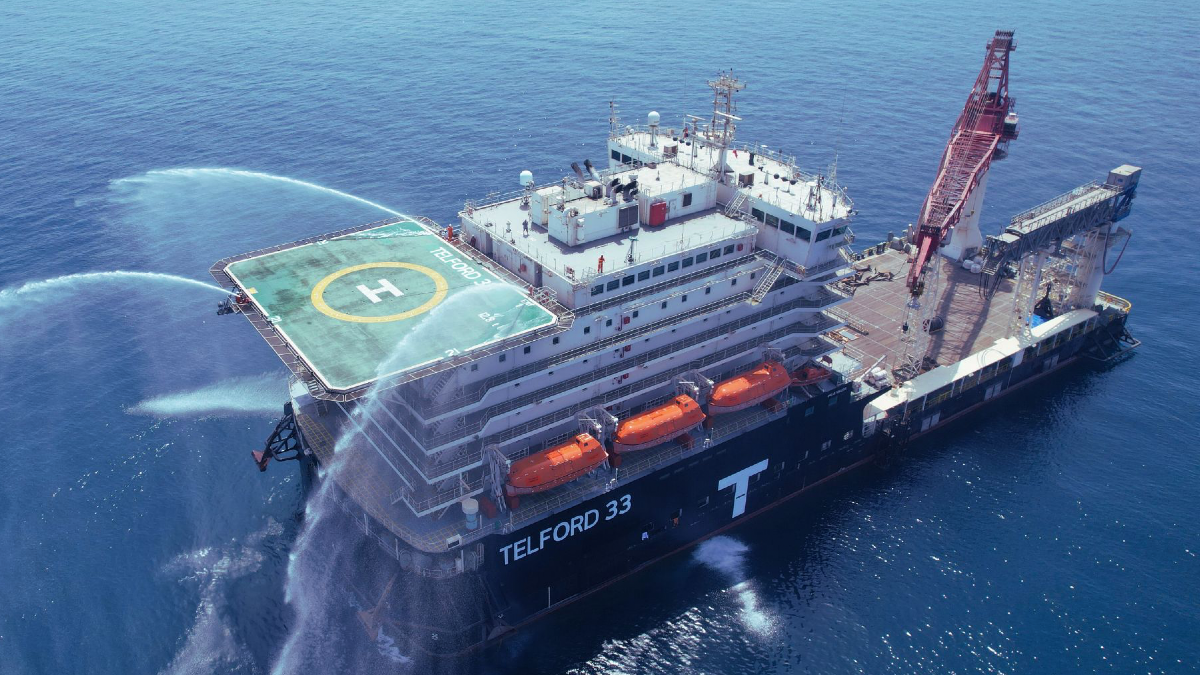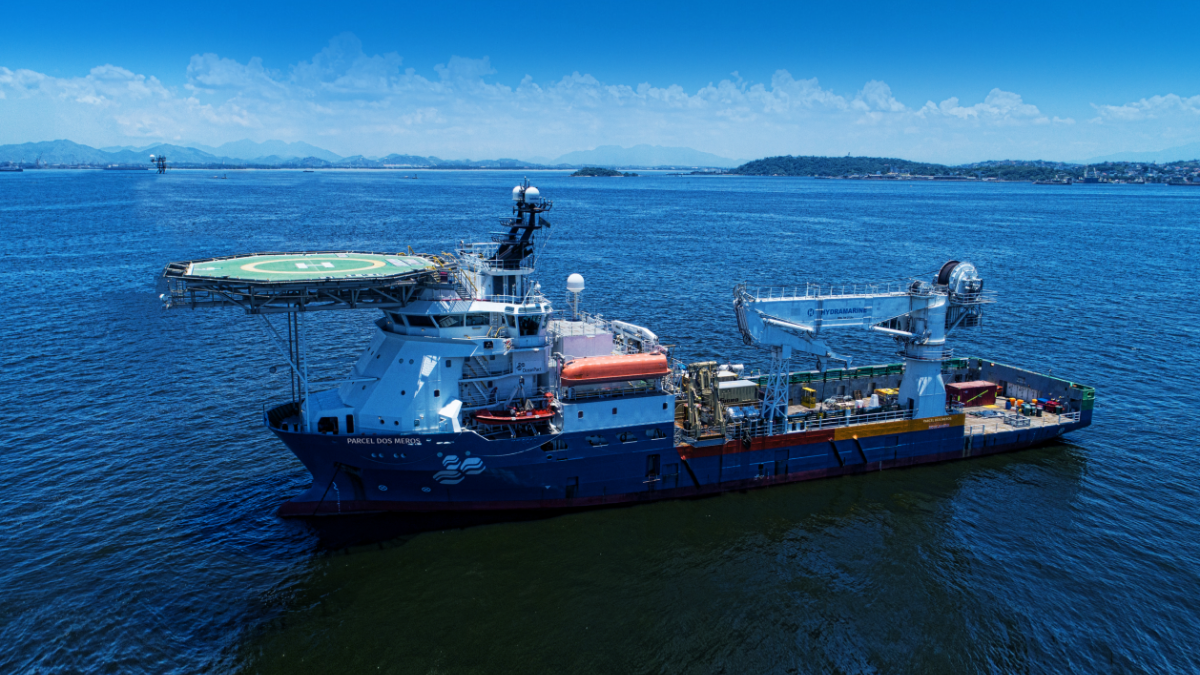Business Sectors
Events
Offshore Wind Webinar Week
Contents
Register to read more articles.
Methanol: the green option for subsea support vessels
Subsea construction, maintenance support and survey vessels will be built or retrofitted for methanol fuels, with the first ready for operations in 2025
Delegates at Riviera Maritime Media’s Offshore Support Journal Subsea Conference in London, UK, 6 February, heard from two owners planning to invest in vessels using methanol fuel.
Agalas chief commercial officer Mads Malling explained the Norwegian owner’s strategy is to invest in newbuilds ready to run on methanol, with dual-fuel engines, and batteries for hybrid propulsion. These will operate in the subsea inspection, maintenance and repair (IMR) markets and support light construction work when delivered from 2025.
“We are building the world’s first green IMR vessel in Turkey,” said Mr Malling, adding three vessels will be built and there are shipyard options to build more by 2030.
The first 100-m vessel is scheduled for delivery Q1 2025 with berths for 100 personnel. It has a long-term charter for cable laying and walk-to-work roles.
The second is a 100-m IMR vessel with 120 berths and a 150-tonnes active heave compensated crane, ROV hangers and DP2 dynamic positioning – ready to go on long-term charter to Reach Subsea in 2026.
A third vessel being considered is a 100-m vessel with 100 berths and methanol-hybrid propulsion. “We are in detailed discussions with clients and hope to have good news on this newbuilding in 2024,” said Mr Malling.
Agalas worked with NSK Ship Design on the design of these vessels and secured finance from banks in Norway for the construction of these green vessels.
NSK Ship Design manager of design Torgeir Torgersen explained methanol and batteries were selected for these Agalas vessels due to the storage and safety of methanol.
“IMR vessels need 30 days of fuel storage and cable layers should have 60 days operation,” Mr Torgersen said. The design of the green IMR vessel requires methanol to be stored in tanks in the stern and a fuel preparation room close to the engineroom, with specific air inlet and outlet facilities and safety zones.
For 30 days of operation, vessels need 600 m3 for marine gas oil (MGO) storage or 1,850 m3 for methanol stored at ambient pressures.
Fugro is planning to retrofit its vessels for methanol fuel, with batteries and hybrid propulsion as part of its strategy to become net-zero by 2035. It is converting survey and IMR vessel Fugro Pioneer to run on methanol and MGO, with new engines set to be installed in the Netherlands in December 2024.
Fugro fleet development manager Peter Toxopeüs explained how Fugro is using vessel optimisation and unmanned units to reduce emissions by 20% by 2025, while the strategy to decarbonise by 2035 will include battery hybrid and methanol fuels.
“It is very difficult to do this with the current fleet, but many of the vessels are less than 10 years old, so we aim to retrofit,” he said.
“Technology needs time to mature and we do not have the resources to do the whole fleet in one go, so we defined a roadmap with multiple streams to decarbonise.”
He said methanol is the only viable choice, as other green fuels have high safety risks, or require too much onboard storage to make them technically viable for Fugro’s ships and those it charters in from other owners.
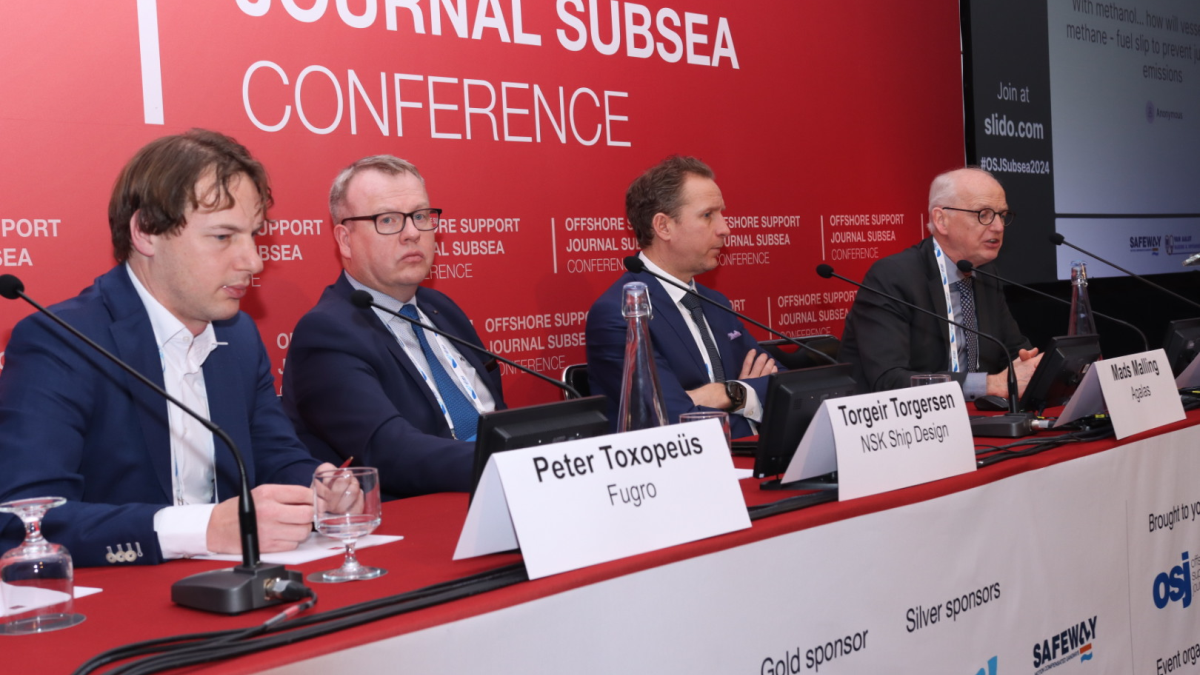
Riviera Maritime Media’s OSJ Conference, Americas, part of the annual global OSJ Conference series, returns to Houston in June 2024. This two-day event will bring together the OSV community to explore the emerging opportunities in the resurgent regional offshore energy sector, including traditional oil and gas and wind. Use this link for more information and to register for the conference.
Related to this Story
Events
Offshore Wind Webinar Week
Maritime Decarbonisation, Europe: Conference, Awards & Exhibition 2025
Offshore Support Journal Conference, Americas 2025
© 2024 Riviera Maritime Media Ltd.


